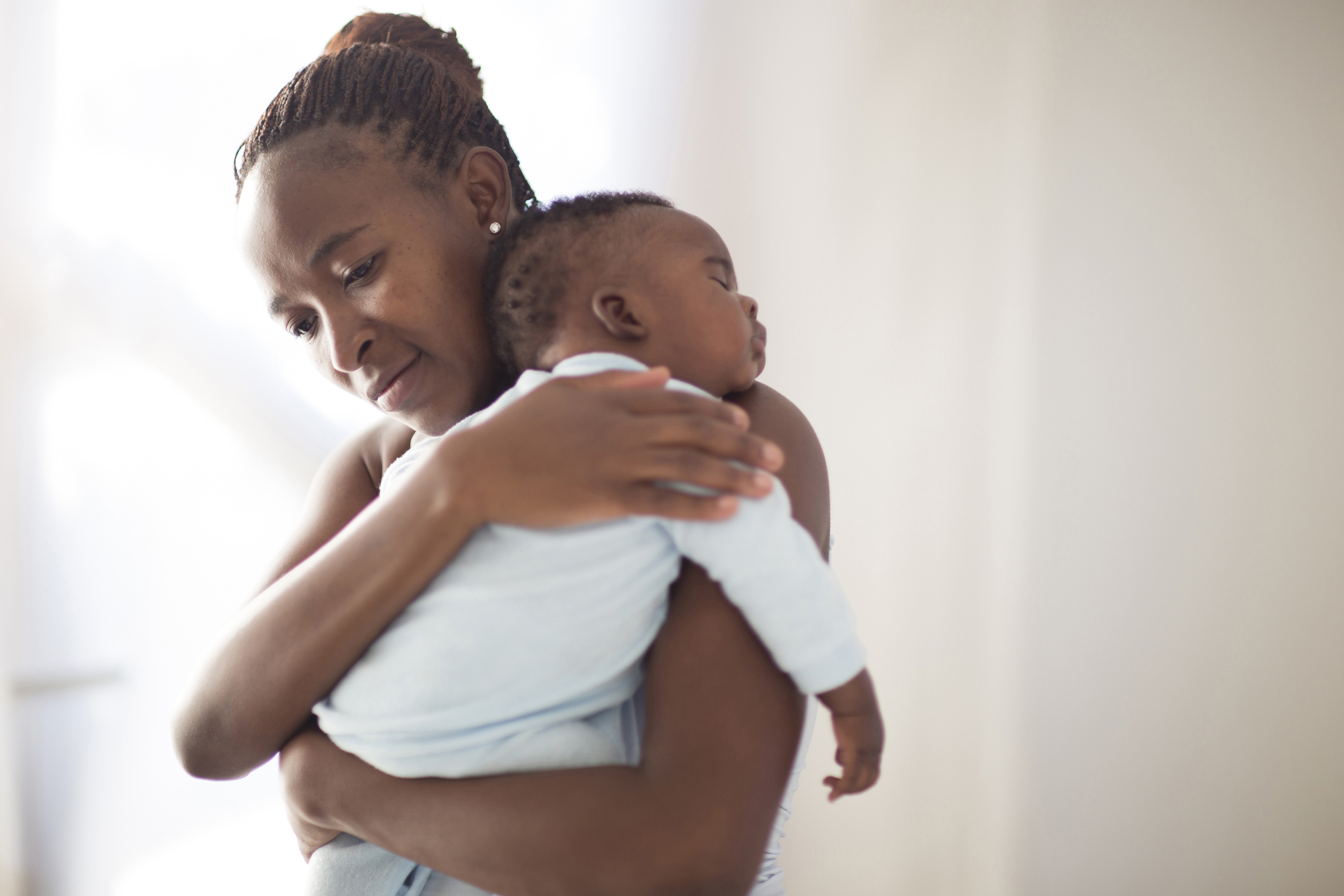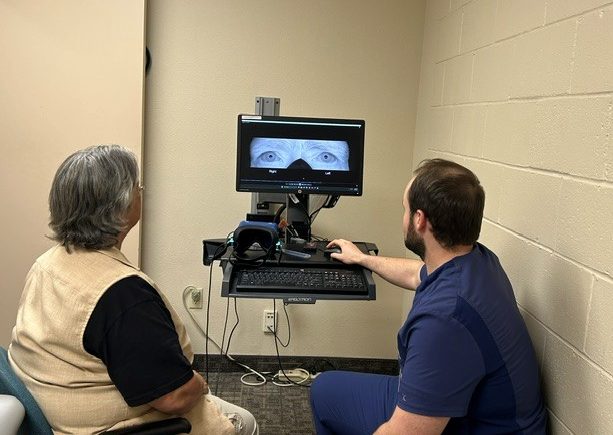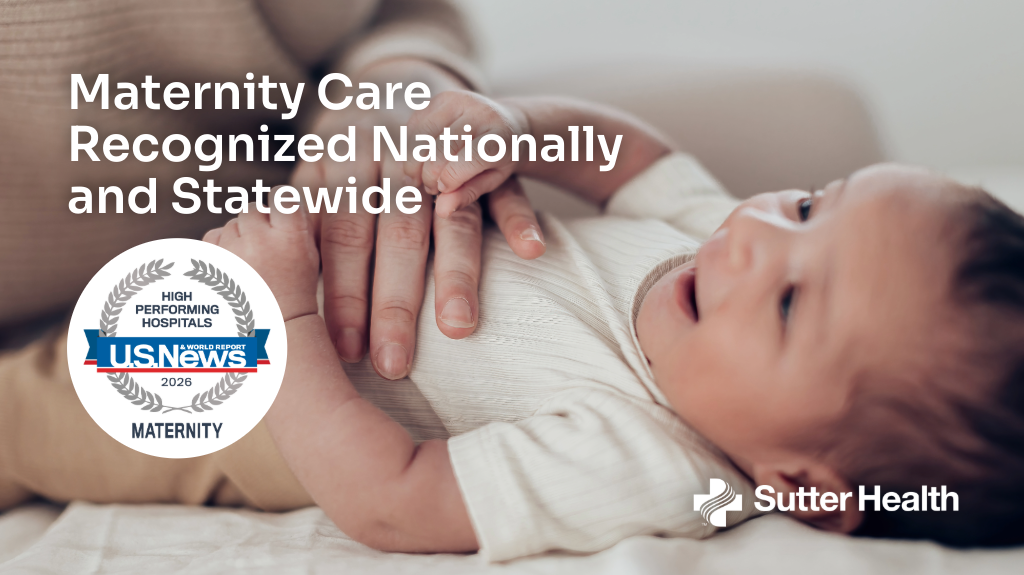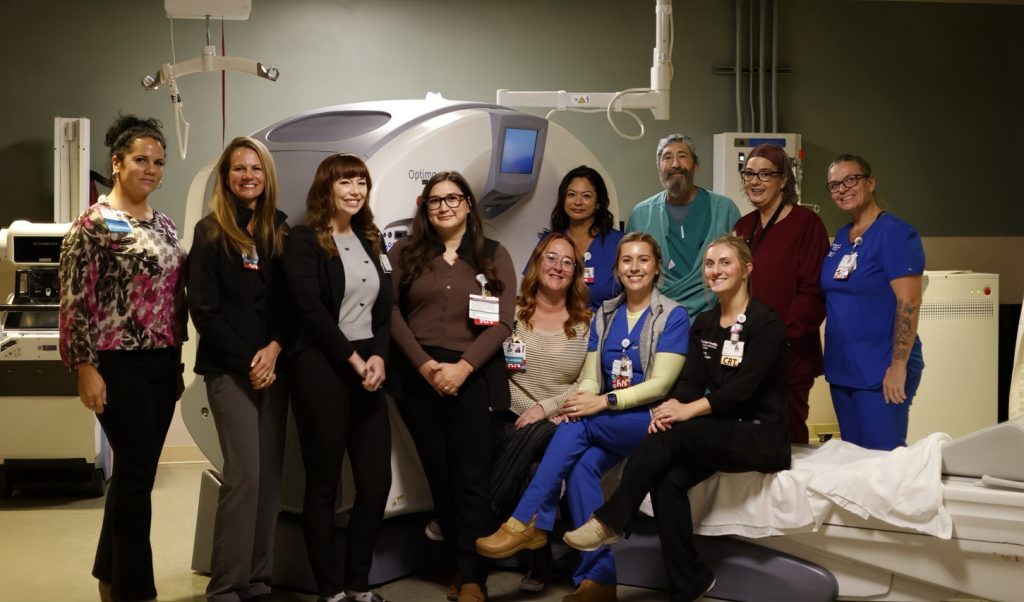By Kelly Smits and Liz Madison, Vitals contributors
COVID-19 continues to lay bare longstanding inequities in health and healthcare outcomes. The inequities have been widely documented for one common healthcare encounter: childbirth. And now, an innovation center dedicated to more equitable maternal health outcomes has launched to help turn the tide.
Sutter Health created its Institute for Advancing Health Equity in December 2020 to further advance health equity for patients everywhere. As part of the Institute, Sutter now has formed the Health Equity Innovation Lab for Maternal Health Equity, which is dedicated specifically to childbirth inequities. 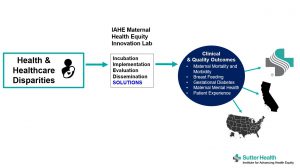 Today in the United States, a non-Hispanic Black woman is nearly three times more likely to die from preventable or treatable pregnancy-related complications than a white woman. The U.S. also has the highest maternal mortality rate among similarly developed countries.
Today in the United States, a non-Hispanic Black woman is nearly three times more likely to die from preventable or treatable pregnancy-related complications than a white woman. The U.S. also has the highest maternal mortality rate among similarly developed countries.

Kristen Azar
“By accelerating the cycle of innovation and research to advance maternal health equity solutions, we can help ensure access to care and optimal maternal and infant outcomes for all,” said Kristen M.J. Azar, scientific medical director for the IAHE. The lab, which was made possible in part by a philanthropic gift, will help IAHE lead research and find solutions to health disparities among pregnant people of diverse socioeconomic backgrounds and the care of their newborn infants. Sutter is uniquely positioned to conduct this research because of both the vast and diverse patient population it serves. For example, nearly 56% of this population is non-white. Teams across Sutter also help bring a significant number of babies into the world across its network each year – approximately 30,000.

Leon Clark
“We are humbled and inspired by the generosity of these donors to invest in our work toward health equity,” said Leon Clark, chief research and health equity officer at Sutter Health. “Maternal health has been a focus for our team from the very start as part of the multidisciplinary effort to prevent maternal health disparities within our system — and more recently with our work uncovering inequities in outcomes for COVID-19 patients.” The lab is currently working on several pilots that focus on closing identified equity gaps in breast feeding, postpartum depression screening and gestational diabetes, and improving access to resources among at-risk pregnant patients, among others. The lab will also expand Sutter’s work in maternal health equity and is focused on optimal maternal and infant outcomes, as well as maternal morbidity and mortality, and overall patient experience. Sutter also hopes to use this lab to enhance collaborations with academic institutions, including Stanford, UCSF, San Jose State University School of Public Health, the California Maternal Quality Care Collaborative, Federally Qualified Health Centers and additional community-based partners. Sutter’s IAHE team recently completed a unique maternal care study to help shed light on how COVID-19 exposure during pregnancy differs by race and ethnicity. Published in the journal Women’s Health, the study provides key data about how the virus spreads among expectant mothers of color – offering new insights and guidance on vaccination strategies in pregnancy. Findings from the research are being used to design tailored solutions that will help to address identified equity gaps for pregnant patients across the Sutter Health network. Sutter’s broad dissemination of these findings to engage and educate the community has provided additional data for obstetricians to share with Hispanic patients in helping them make the important decision to get fully vaccinated in pregnancy. “We are excited to be part of driving solutions and closing disparity gaps that have persisted for so long,” said Azar. “Maternal health equity is an important first step, given the wealth of evidence indicating that we need to address this now. We look forward to working together with our patients, healthcare partners, advocates and community partners to begin to address the gaps that we all see.”

